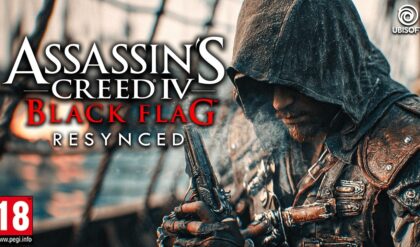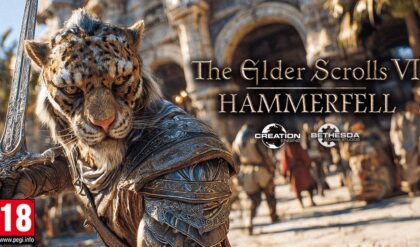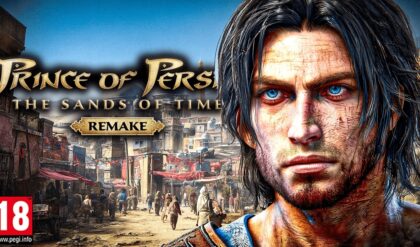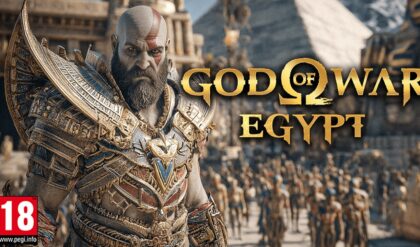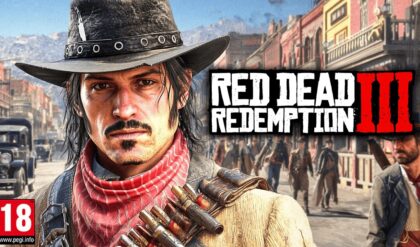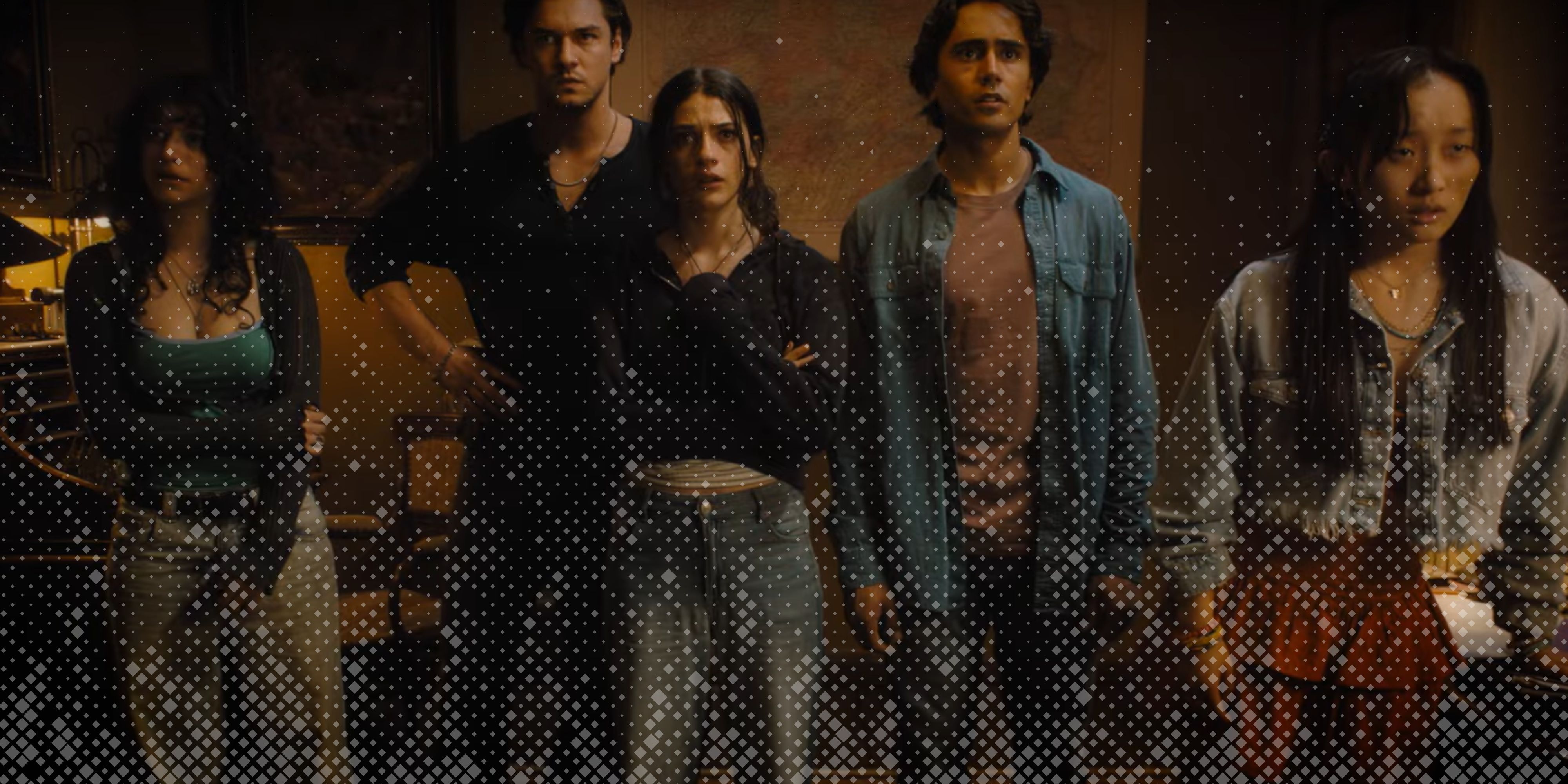
There’s one fundamental fact about video games that Hollywood does not seem to get. Gamers do not see video games as games. They don’t see them as toys, or as gimmicks, or as vehicles that transport you to another world. They see them, very correctly, as stories.
The best games, and even most middling ones, make you forget that you’re playing a game. We all instinctively know where the X button is, et cetera, because when you’re playing a game, you’re actually experiencing what that game has to offer, not just killing time with a toy. The new Until Dawn movie fails to understand that.
I wrote recently about how we need to start thinking of video game adaptations as book adaptations, but what I meant there was their need to trust in an audience beyond the pre-existing fan base and branch out beyond, as the literary heads would call them, the mass market bestsellers. However, it seems like even that was too generous. Some studios still fail to understand that when you adapt a video game, you need to adapt the literal text of the video game we see on screen, not the feeling of sitting on your sofa playing video games as a concept.
Until Dawn Should Have Been Easy To Adapt
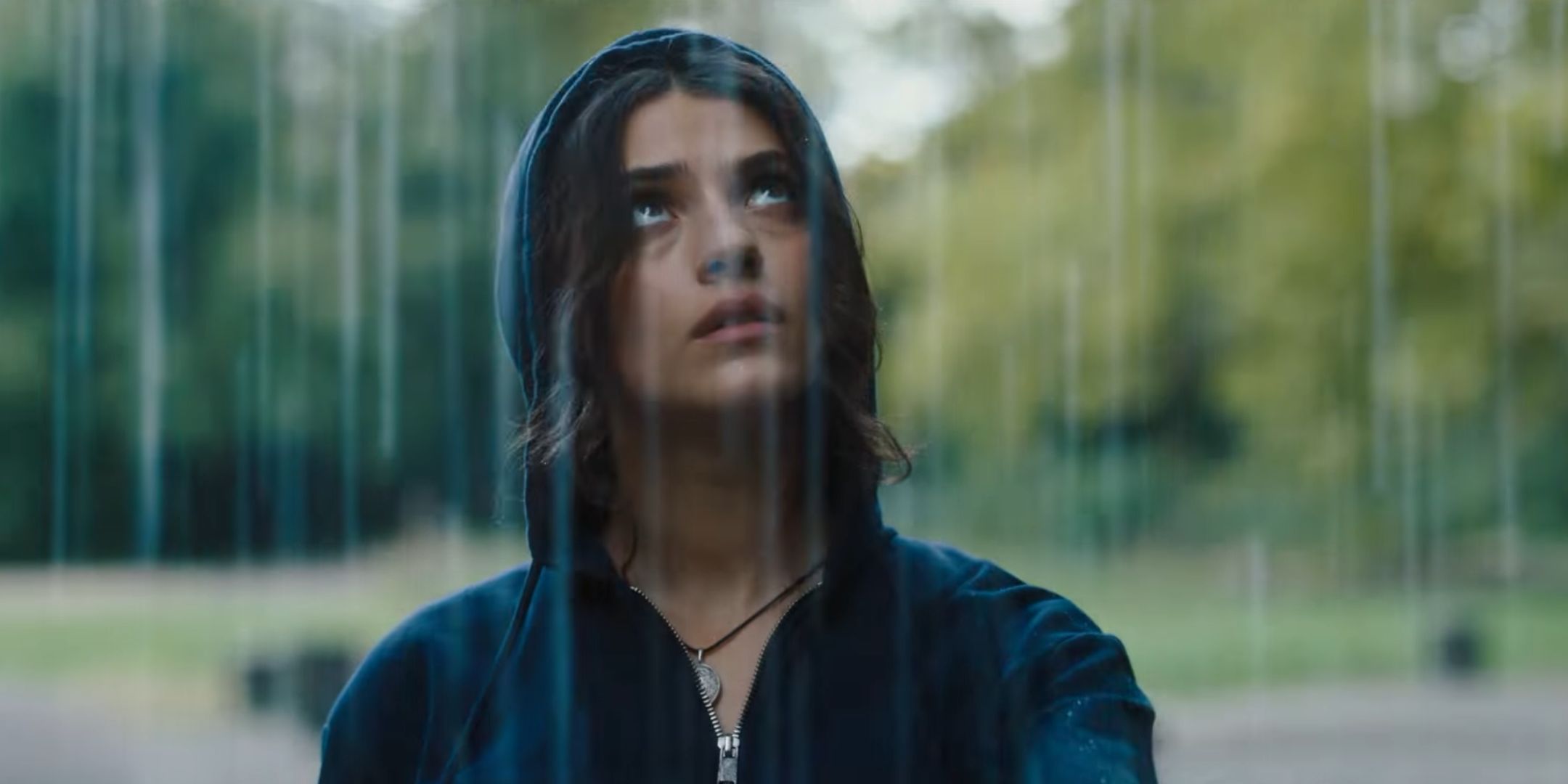
On the face of it, Until Dawn is a sensible, maybe even safe, video game to adapt into a movie. It’s already highly cinematic and inspired by slasher flicks, and features recognisable Hollywood stars like Hayden Panettiere and Rami Malek. But not only does the film not get these stars back (only Peter Stormare returns, and to play an entirely different character), it tells an entirely different story. This is not Until Dawn at all.
The plot for the movie is that a bunch of kids have gone missing and are trapped in a cabin where they must survive until dawn. Every time they die, they awake in a different subgenre of horror, and the clock resets. This is a great pitch for a movie called Cabin in the Woods 2. A referential riff on horror tropes that retains the gory violence is a smart idea. But that’s not what Until Dawn is about. They aren’t trapped, they aren’t missing, they aren’t even literally trying to make it until dawn in the game – they are waiting to be rescued and know help won’t arrive until sun up.
There’s plenty of elements of the game that could have been adapted here. The friends reuniting after a death amongst them, betrayal in the group, the wendigos in the cave all could have been condensed into a film-length story. The argument always given is that the filmmakers wanted to make something for the fans that would surprise them, but The Hunger Games made $3 billion and it didn’t care about surprising people who had read the books, it just did right by the source material. It feels like a cheap way to have graphic deaths with no actual stakes, and the idea that the time loop is paying homage to the game (which features no time loop) is ridiculous.
So Many Movies Disrespect Video Games
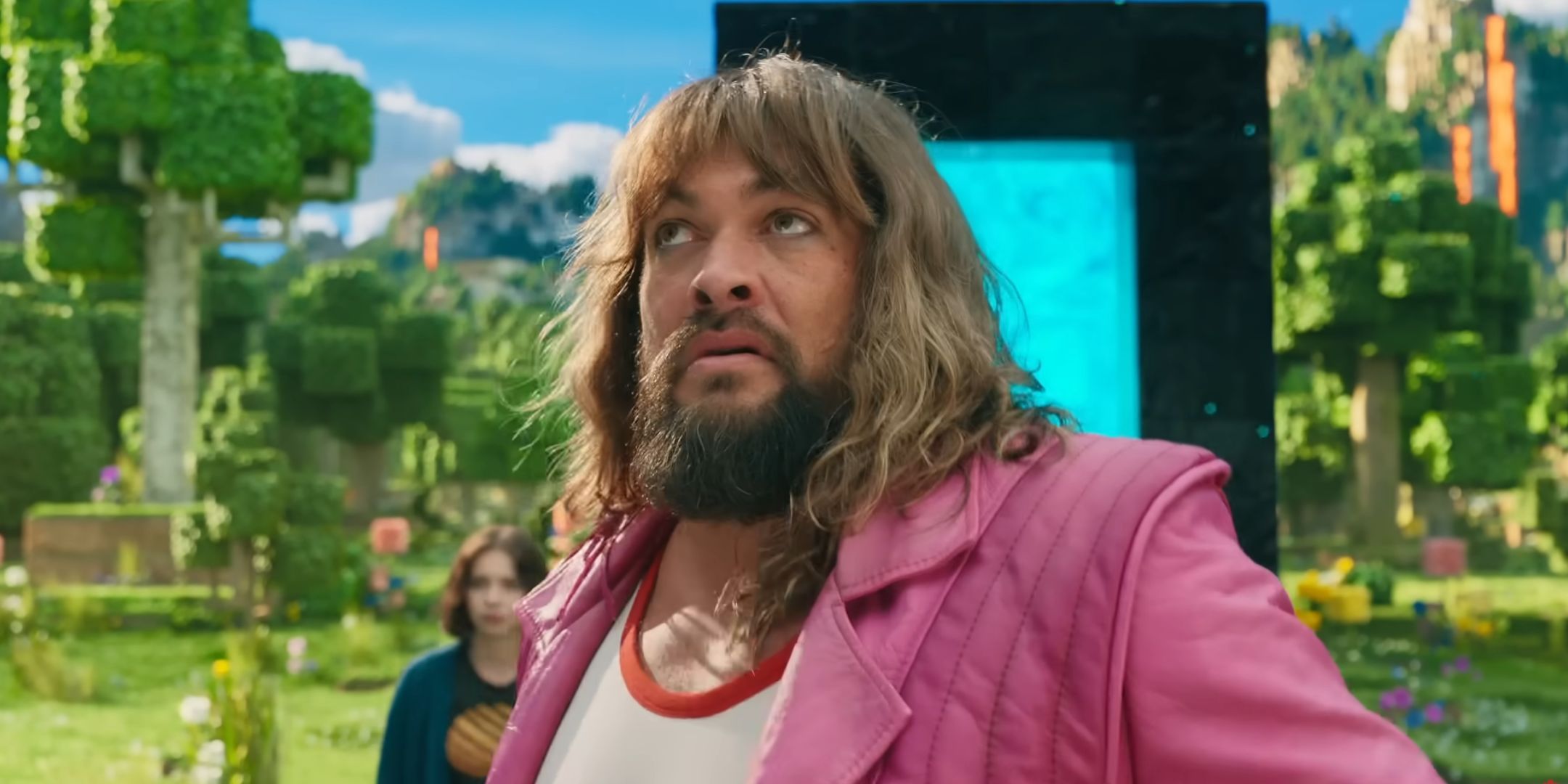
Until Dawn is far from the only offender here. Going back in time, we can consider how little the original Super Mario movie resembles its video game counterpart, and the same can be said of Doom, and arguably even Dead or Alive, which has no real plot whatsoever.
But this is not just a historic thing. Assassin’s Creed made the series lore both more streamlined and more convoluted without much reason beyond naturally assuming the video game version wouldn’t be up to snuff, and we can look forward to it in A Minecraft Movie too. Rather than being set in the world of Minecraft and telling a story from one of the narrative spin-offs, or a fitting tale within the game’s crafting and survival mechanics, it’s instead about a family who gets sucked into a game of Minecraft. This is not a story anyone wants to see.
The studio wants to adapt Minecraft, because it’s one of the most famous games in the world, but they don’t have any respect for Minecraft. And I know I sound like a dork when I say things like that, but I don’t care. The repeated failure to understand video games as anything other than a vehicle to make money is infuriating. I don’t even like Minecraft, and the fact they’re doing it wrong still annoys me.
Part of this stems from the chip video games perennially has on its shoulder. Despite its massive sales, it lags behind film in the cultural conversation (hence inflated stats about The Game Awards being paraded in an annual act of self-congratulation), and is so clearly inspired by cinema because it wants a slice of that prestige. And yet when they’re called to step up to the plate, games almost always crumple themselves into something different so they can fit in.
But another, far more significant part is simply the fact that I believe if you are adapting a video game, you should adapt the video game as it is, not slap a brand name on a completely different narrative. The Gran Turismo movie was about someone who won a Gran Turismo competition and went on to enjoy a largely unnoteworthy racing career. That’s not what the game is about. And this is certainly not what Until Dawn is about. Whether you think it sounds amazing or terrible, what we can all agree on is that it sounds nothing like Until Dawn.
